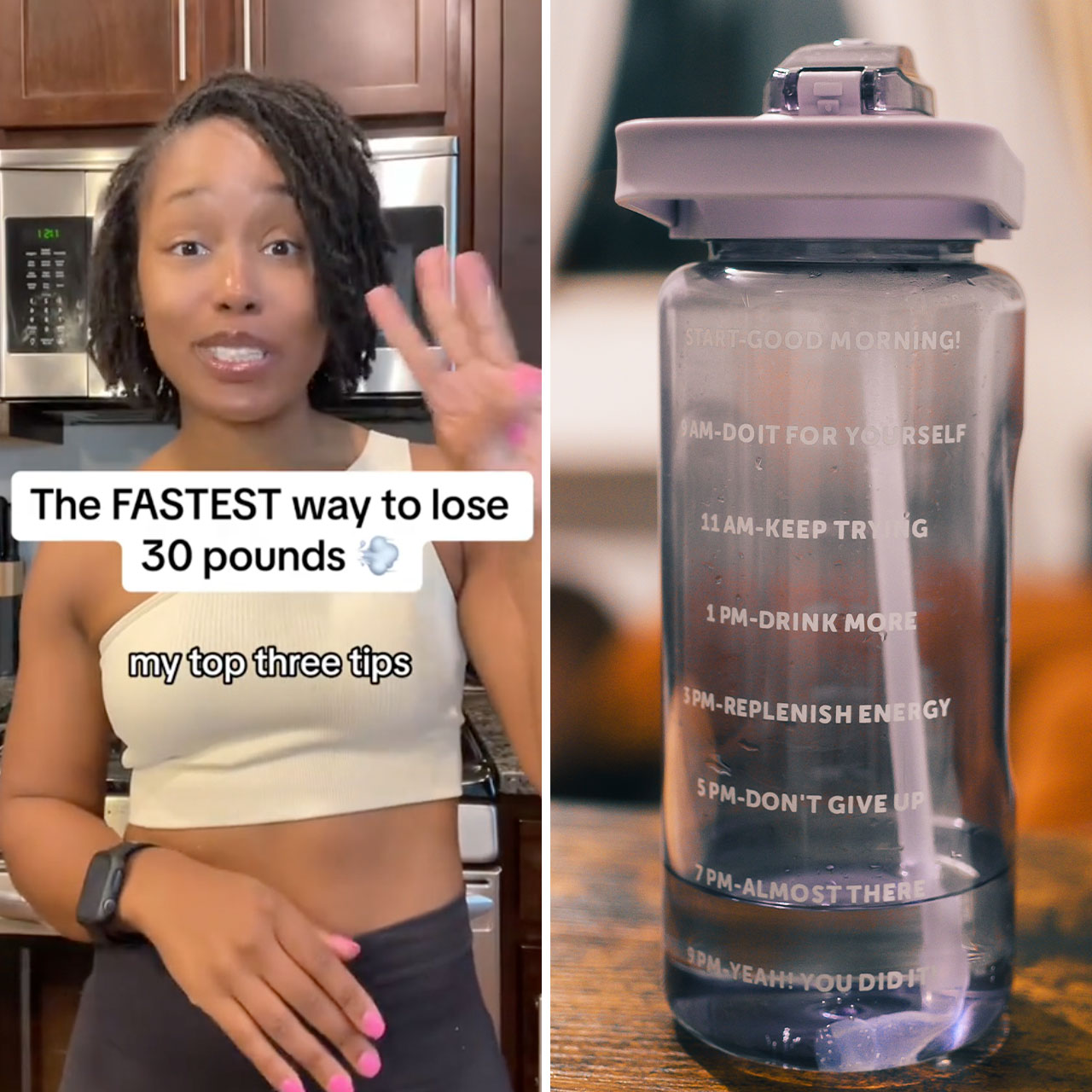Did you know that heart disease is a leading cause of death in the United States, according to the CDC? Although things like genetics and medications can make your heart health worse, the best way to prevent heart disease is through a healthy lifestyle, encompassing a balanced, nutritious diet and regular exercise. Knowing what foods you should avoid is just as important as what foods you should be taking in. However, these days the market is so incredibly saturated with products that can be confusing or misleading. Knowing how to read nutrition facts and translate what they mean is essential for creating a healthy diet that promotes long term heart health. We asked Dr. David Sabgir, cardiologist, and founder of Walk With a Doc what foods you should look out for and how to shop with your health in mind.
First of all, what are some foods that you may think are healthy but could be raising your risk for poor heart health? “Things like added sugars, sodium, and saturated fats are a few that come to mind.” Dr. Sabgir says. Added sugars can be incredibly sneaky, and work their way into all kinds of foods, especially yogurt and prepackaged breakfast items. You may think that yogurt and granola bars are fine, but if they have excess sugar they could be negatively affecting you. The trickiest part about added sugar is that it has many names and can be missed if you don’t know what to look for on nutrition facts. Some alternate names for sugar include anhydrous dextrose, corn sweetener, corn syrup, corn syrup solids, crystal dextrose, evaporated cane juice, fructose sweetener, and fruit juice concentrate. When it comes to fats, a good rule of thumb is making sure the majority of fats in your diet are unsaturated. One example of this Dr. Sabgir shares is replacing spreads higher in saturated fats with avocados, which are nutrient dense and full of unsaturated “healthy” fats that are good for your heart.
When you’re grocery shopping, what are other things to keep in mind? Obviously, your best bet is spending a good amount of time in the produce section. “All fresh fruits and vegetables, including fresh avocados, are heart-healthy,” Dr. Sabgir says, “Also, you should look for foods with dietary fiber, as most of us do not get enough of it. This fiber can increase our HDL cholesterol, the happy or good cholesterol, therefore potentially lowering our risk of heart attack, stroke, obesity and Type II Diabetes. I keep going back to avocados, but just a third of a medium avocado has 3 grams of fiber!”

Dr. Sabgir shared some other tips for leading a heart healthy lifestyle. “As I said earlier, fruits and vegetables are heart-healthy, absolutely essential, and honestly, delicious. Blueberries, raspberries, tomatoes, brussel sprouts, avocados, and apples are a few of our family’s favorites. Avocados are nice because they are essentially the only fruit with good fats. These good fats help with the absorption of nutrients and do not raise our bad cholesterol.” However, Dr. Sabgir stresses the importance of checking with your doctor before starting a new diet. You should make sure all your needs are being met, and consulting with a professional can help you do that, as well as help you get closer to your unique health goals!


























